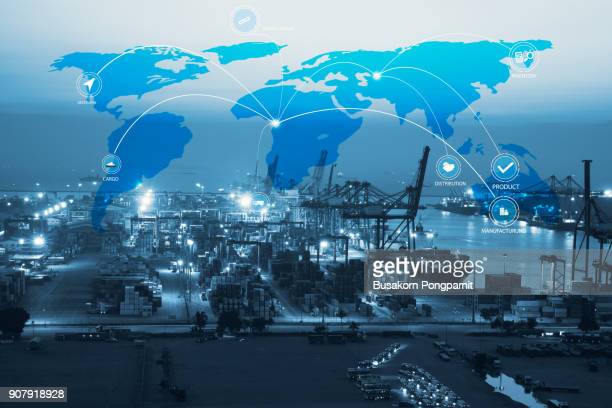
Blockchain-based supply chain management can enhance transparency, traceability, and accountability in the logistics process. This technology enables secure and real-time data sharing among all parties involved in the supply chain, improving efficiency and reducing costs. Smart contracts, distributed ledgers, and other blockchain solutions can be used to streamline the supply chain and create a sustainable and ethical business model.

Web3 is the next generation of the internet, designed to be more transparent, decentralized, and secure than its predecessors. Unlike Web1 and Web2, which were characterized by centralized control and limited user interaction, Web3 is built on blockchain technology and other decentralized technologies, such as smart contracts and decentralized applications.

Metaverse refers to a virtual universe where people can interact with each other in a computer-generated world. It is a convergence of blockchain technology, virtual reality, and other emerging technologies, creating a decentralized, secure, and immersive digital environment. The use of blockchain in metaverse provides a transparent and secure system for the creation and exchange of virtual assets, with smart contracts automating transactions and governance.

DeFi refers to a system of financial applications built on a decentralized, peer-to-peer network, using smart contracts and other blockchain-based technologies to enable users to transact with one another without the need for intermediaries like banks or other financial institutions.

Smart contracts are self-executing contracts that are stored on a blockchain network. They enable the automation of agreements and the transfer of value without the need for intermediaries. The concept of smart contracts was first introduced by Nick Szabo in 1994, but it was only with the advent of blockchain technology that the implementation of smart contracts became possible.





